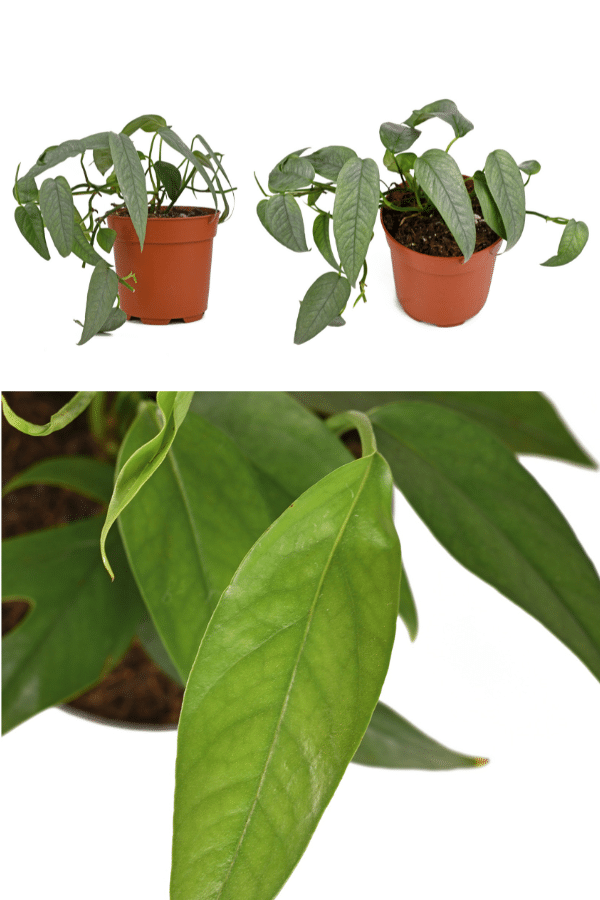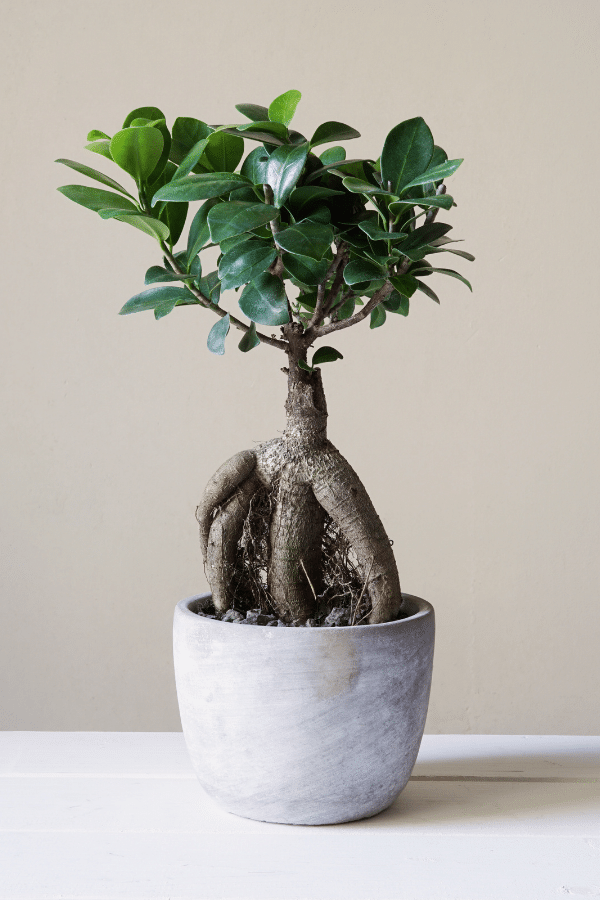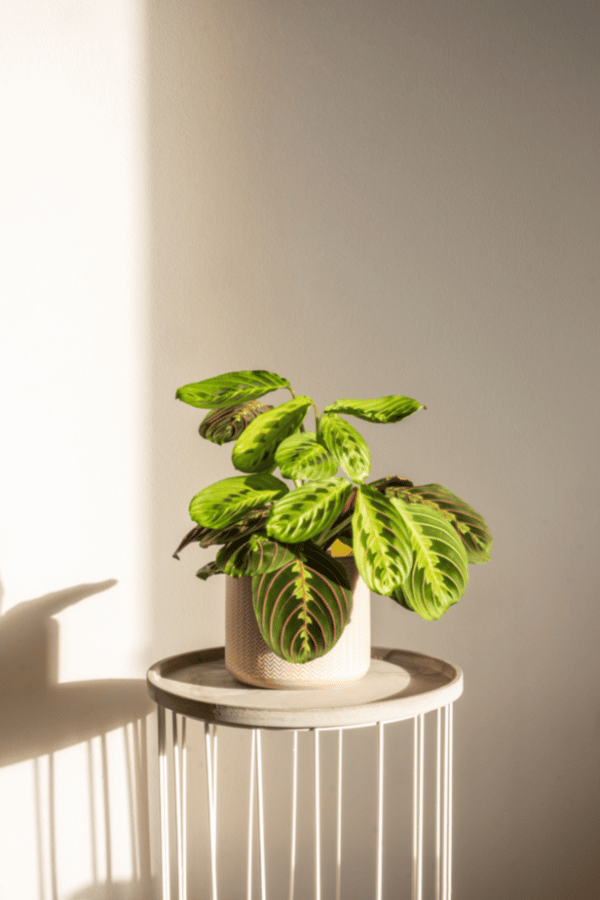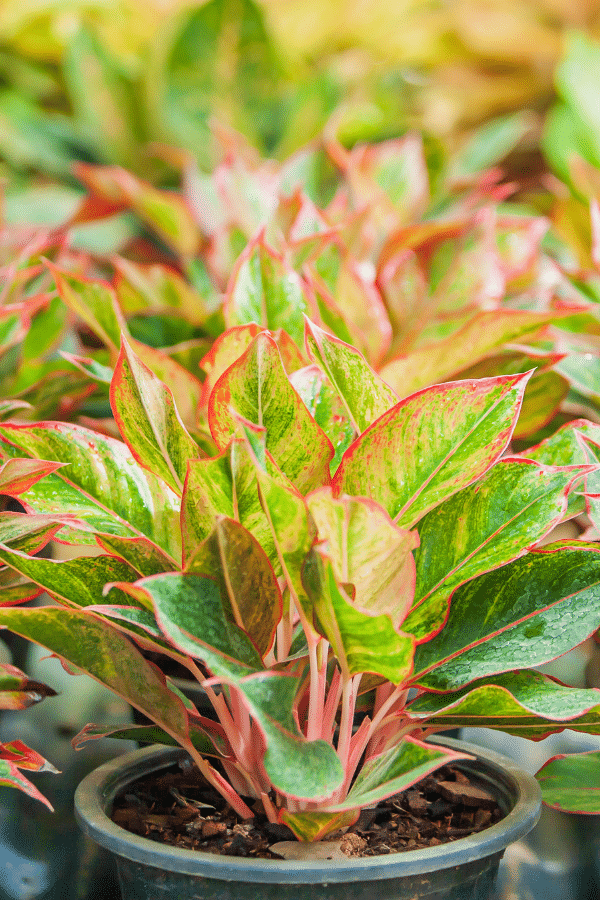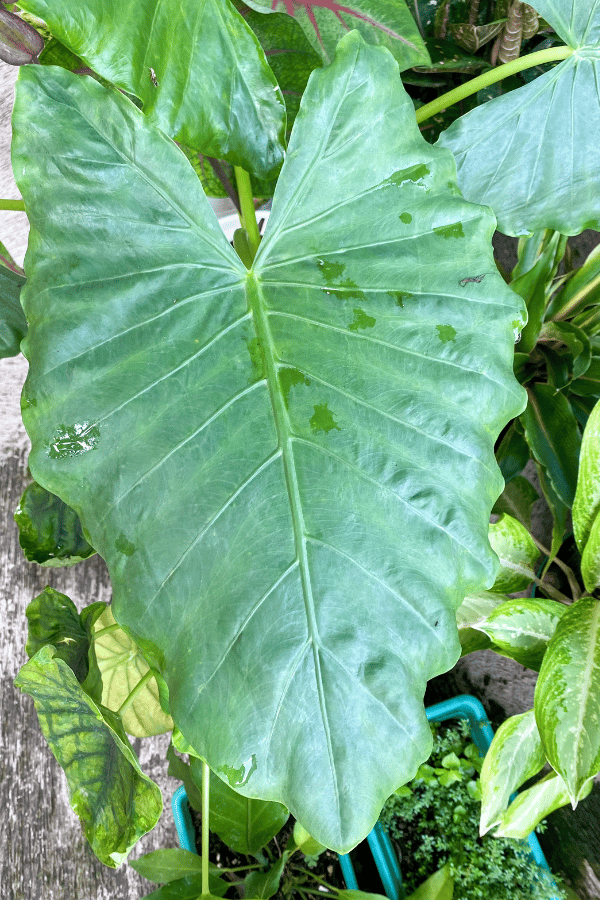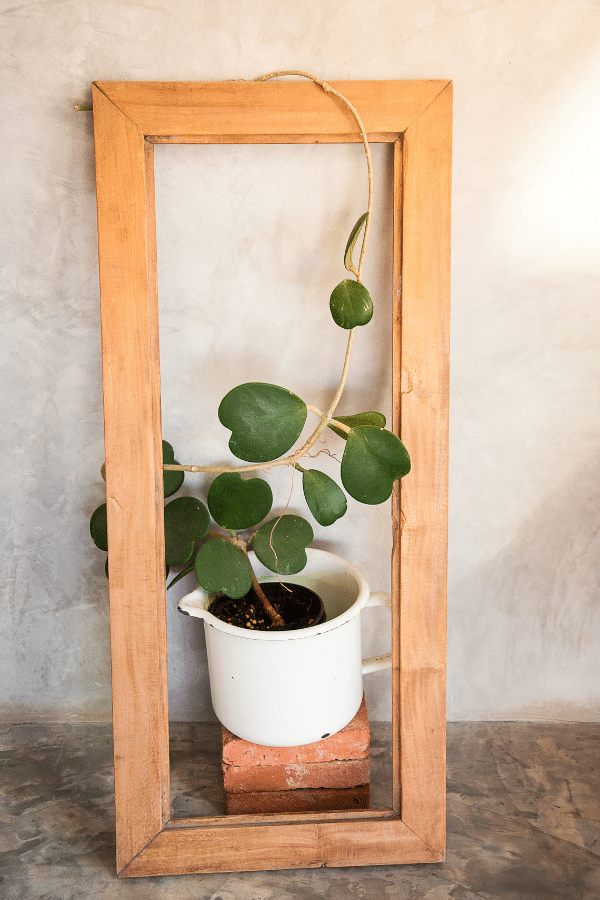Ficus Soil Guide
Ficus plants, including the popular Fiddle Leaf Fig and Weeping Fig, are treasured by indoor plant enthusiasts for their lush foliage and easy-to-care-for nature. To maintain a healthy and thriving Ficus, one crucial aspect you must be mindful of is the choice of soil. The right mix can make all the difference for your plant’s well-being.
Understanding the specific requirements for Ficus soil is essential in creating a suitable environment for these plants. Ficuses typically prefer well-draining soil that retains adequate moisture without becoming soggy. Providing this balance is key to supporting strong root growth and avoiding common issues such as root rot.
In this article, we’ll talk about the best ingredients to use in Ficus soil, what those ingredients are best for, and how to mix up your own soil or what to look for when buying.
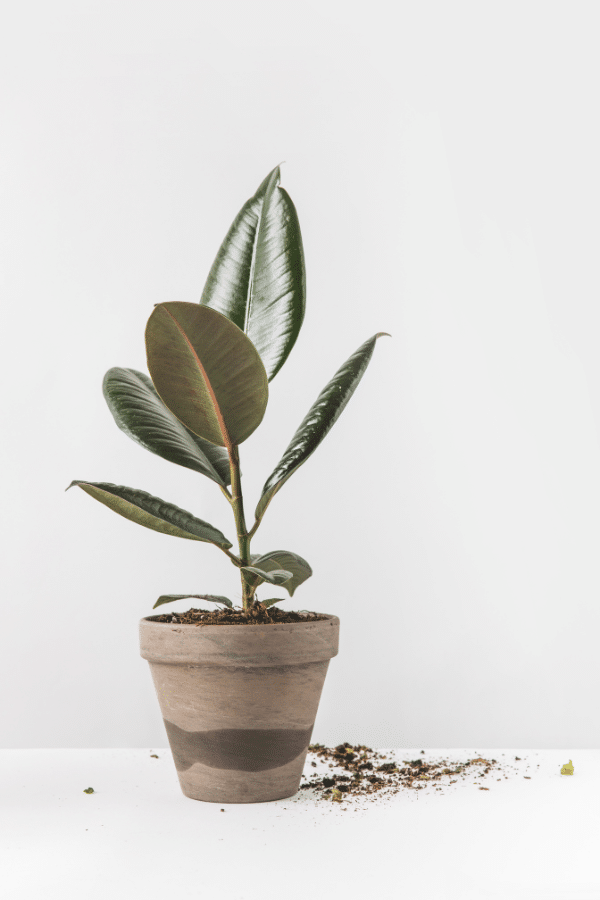
Best Ingredients for Ficus Soil
When it comes to growing a healthy Ficus plant, the soil is a critical component. Fig trees, including the popular weeping fig (ficus benjamina), fiddle leaf fig (ficus lyrata), and rubber plant (ficus elastica), thrive in well-draining soil that has the right balance of nutrients. Keep reading to learn about the best ingredients to look for in ficus soil.
Coco Coir
Coco coir is an excellent choice for your ficus soil. It is derived from coconut husks and provides various benefits for your plants, making it a popular component in potting mixes.
When I bought my Fiddle Leaf Fig from Costco, the soil it was in was straight coco coir, plus some slow-released green beaded fertilizers.
In terms of soil pH, coco coir is exceptional because it is neutral to slightly acidic. Ficus plants will benefit from this environment, as they typically prefer a pH range of 6.0 to 6.5. Also, coco coir has a sponge-like texture, which promotes excellent drainage and aeration while retaining enough moisture to keep your ficus well-hydrated.
When creating your potting mix, blend coco coir with other high-quality ingredients such as perlite, vermiculite, or pumice. These items will provide further drainage and aeration:
Perlite: Heated volcanic rocks that improve soil structure and water retention.
Vermiculite: Lightweight mineral that aids in moisture retention and nutrient distribution.
Pumice: Porous volcanic rock that enhances air circulation and drainage.
To enhance the nutritional value of your potting mix, you might consider adding organic materials like compost or well-aged manure. These elements will supply your ficus with essential nutrients to promote healthy growth.
In conclusion, coco coir is an excellent material to include in your ficus potting soil. Its properties contribute to a well-balanced pH, efficient drainage, and proper aeration, ensuring a thriving environment for your ficus plant. Giving your ficus the best care starts with the right selection of soil ingredients, and incorporating coco coir in your potting mix is a step in the right direction.
Perlite
Perlite is an excellent addition to your ficus soil mix, as it helps improve drainage and aeration. This lightweight, volcanic glass is porous, ensuring that excess water is rapidly absorbed and released, preventing overwatering and root rot.
Incorporating perlite into your ficus soil can significantly reduce the risk of overwatering. Ficus plants are sensitive to excessive moisture, which can lead to root rot, a common issue. By using perlite, you can maintain a well-draining environment for your ficus, allowing the roots to breathe and minimizing the risk of diseases.
To ensure proper drainage for your ficus plant, it’s crucial to not only add perlite to the soil mix but also have drainage holes at the bottom of your pot. These holes allow for efficient elimination of excess water, further preventing overwatering and root rot.
In addition to assisting with moisture management, perlite also helps maintain an optimal pH level. Ficus plants thrive in slightly acidic to neutral soils (pH 6.0-7.0), and adding perlite can aid in achieving and maintaining this ideal range.
Remember to keep your ficus soil well-draining, monitor the pH level, and maintain a healthy environment for your plant. Adding perlite is a simple yet effective step in achieving these goals, ensuring your ficus thrives and remains healthy.
Orchid Bark
Using orchid bark as a soil mix component is a great way to give the soil a chunky medium for help with drainage and aeration. Orchid bark is a popular choice for providing a well-draining and airy environment for your ficus. This type of soil mix can help prevent root rot and encourage healthy root growth.
Remember to monitor your ficus’ health and adjust the soil mix components if needed. By using orchid bark and other suitable materials, you can create a nurturing environment for your ficus plant to thrive in.
Charcoal
When thinking about soil amendments for your ficus plant, charcoal can be a great option, as it has multiple advantages. Charcoal possesses the ability to absorb impurities and toxins, making it ideal for maintaining healthy soil in your ficus pot.
Adding charcoal to your ficus soil mix can help with aeration, aiding in root growth. It provides good drainage, ensuring proper water management for your plant. Combined with coco coir and perlite, charcoal makes an excellent base for your ficus plant.
Charcoal is also great for soil leaching. Over time, the nutrients from the soil will go away from watering. Charcoal helps to keep those nutrients in the soil for longer, so the soil can still bring nutrients to the plant. Even though charcoal keeps some ingredients in the pot, a liquid fertilizer will still need to be used every month or so to give the indoor ficus tree essential nutrients.
Remember to monitor your ficus plant’s health and adjust the soil mixture accordingly if you notice any issues. Regular maintenance, such as pruning and repotting, will ultimately lead to a healthier and happier ficus plant.

Best Ficus Soil Recipe
Ficus trees, native to Southeast Asia, thrive in tropical climates and require a specific type of soil mix for optimal growth. A well-draining soil is essential for your ficus to grow and develop strong roots. Here, we provide a confident, knowledgeable, neutral, and clear ficus soil recipe that caters to these requirements.
Peat Moss – 40%
Perlite – 30%
Orchid Bark – 25%
Charcoal – 5%
I mix all of these ingredients into a big tub, close the lid, and shake it all up. Then repot my Ficus houseplants with it. I always keep a lid on to avoid the soil from drying out.
Change the soil mix every 2 years to ensure that your ficus continues receiving the necessary nutrients and maintains optimal soil structure. Usually, every 2 years also allows you to p lant the ficus tree into a new pot from its current pot. If you’ve experienced leaf drop from your ficus, it may be because of a deficit of nutrients, so refreshing soil should help with this as well as giving the plant high humidity levels. Following this ficus soil recipe, you can confidently provide your ficus tree with the proper foundation for a healthy, flourishing life.
Buying Soil vs Mixing Your Own
Now that we’ve gone over the best ingredients to include in a soil mix, you now have the option to mix your own, like I mentioned above or buy soil. You want to avoid purchasing outdoor soils and buy an indoor soil mix instead or a houseplant soil or a chunky soil mix. My favorite soil mix to buy is Sol Soils.
My favorite houseplant soil!
Use code plantinformer for a 10% discount.


